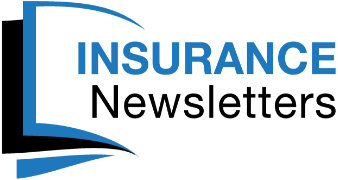If you’ve been in the insurance industry for any length of time then you know that there isn’t always a direct correlation between the amount of marketing you do and the sales you close in a week. You don’t get one sale for every phone call you make or flyer you send, which means you don’t get an immediate return on your marketing dollar.
Of course, that doesn’t mean you get no return—obviously marketing works in the long run or it would not be done. So how, exactly does marketing work if it doesn’t generally result in an immediate sale?
Taking Up Brain Space
Marketing of any kind works by placing your business, your service, and you in the minds of your potential clients. Your radio ads, direct mail pieces and follow-up calls all work to carve out a space for you in the subconscious of your prospects. Then, when they actually have a need for your service, they remember you from your tireless marketing efforts and, hopefully, call you.
Of course, some marketing efforts work better than others and some are viewed by prospects as annoying or pushy. That’s why finding the right marketing method is important.
Marketing with Newsletters
One of the easiest ways to stay on the minds of your prospects without being relegated to the “annoying and pushy” column is to send those who opt in a regular newsletter. Newsletters work in two ways:
- First, they are a form of marketing that is not considered pushy, urgent or invasive. They get the word out about your business but do not aggressively ask for a sale.
- Second, newsletters are valuable on their own as sources of information. Most marketing pieces do not have any intrinsic value. They are simply tools to create sales. Newsletters teach readers about the insurance they own, inform them about different types of insurance they may not have considered before, and can help bridge the gap between insurance as an intangible product and the tangible needs it can fulfill.
When you send a newsletter to your prospects you not only get the benefit of a consistent marketing effort that keeps you and your agency on the mind of your prospects, you also create value within the relationship that increases the likelihood of your prospects calling you for their insurance needs.
